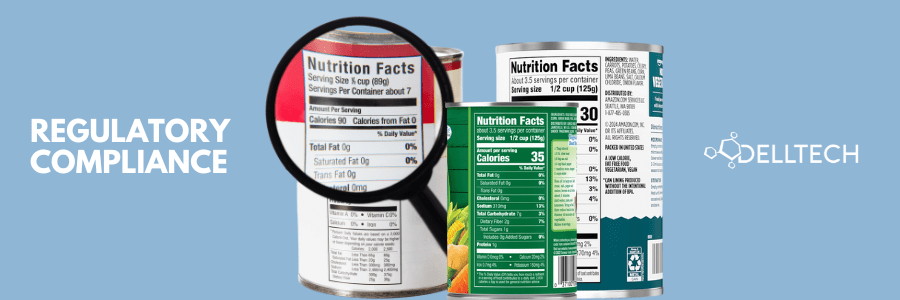By: Ivy Tang, Product Safety Specialist, email
In May 2019, five MDIs (methylene diphenyl diisocyanates) were added to Schedule 1 of the List of Toxic Substances of the Canadian Environmental Protection Act (CEPA 1999). The Government of Canada concluded that the MDIs met the criterion in CEPA Paragraph 64(c) and constitute a danger to human life and health. MDIs are often found in polyurethane foams, coatings, adhesives, sealants, and other ‘DIY products,’ thus exposing consumers to health risks including respiratory problems, irritation, and cancer.
The Government of Canada is proposing to partner with industry and retail to reduce MDI exposure. If you are a vendor supplying products containing at least one of the five MDIs listed below, be prepared for your Retailer to approach you. In the meantime, it is advised that you review your product listings or consult with your manufacturer, and ensure you have the correct safety warnings and labels.
[table id=12 /]
For more information regarding MDIs or Canada’s Chemical Management Plan (CMP), contact Dell Tech.
Contact:
Dell Tech Laboratories
Ivy Tang, B.Sc.
Product Safety Specialist
itang@delltech.com
519-858-5021 ext 2043




